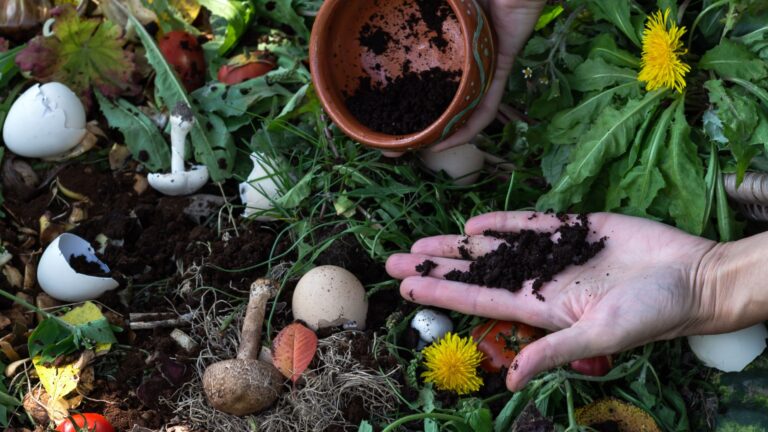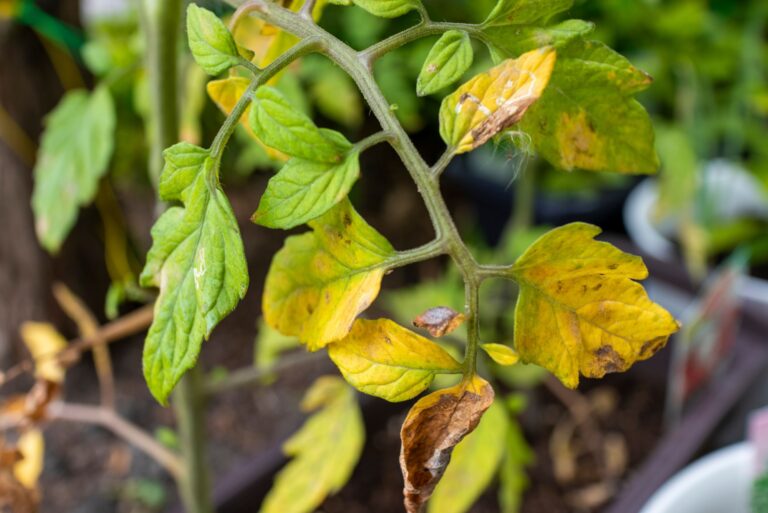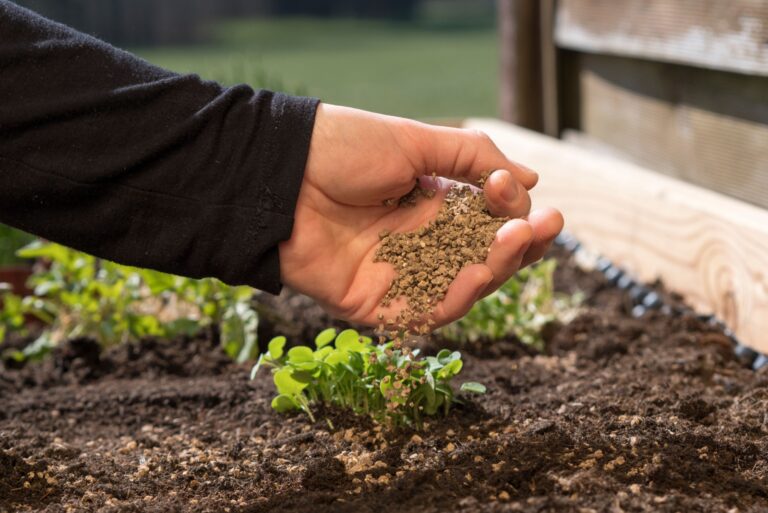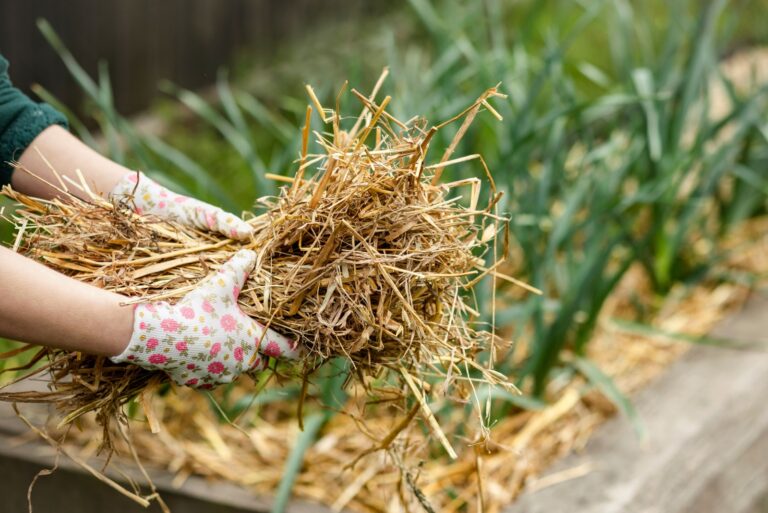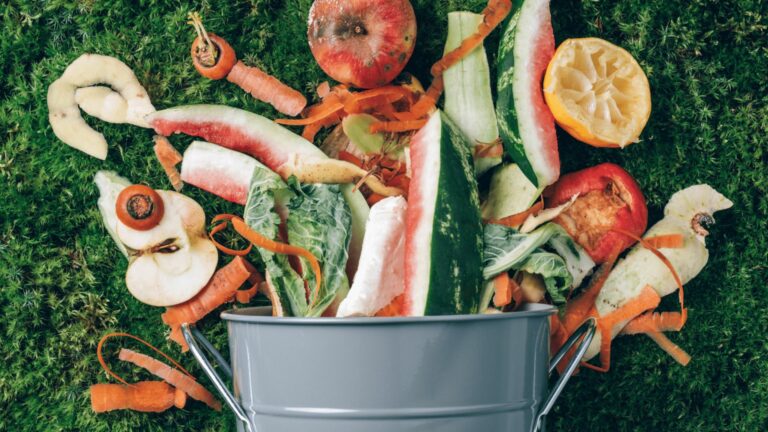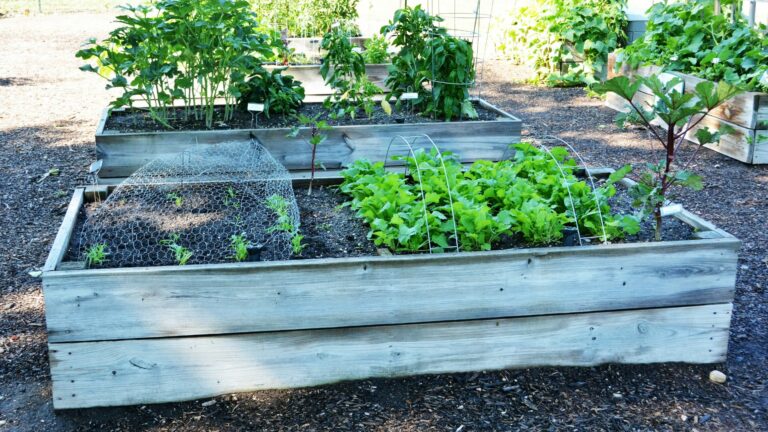Add Coffee Grounds To Your Blueberry Bushes To Get Healthier Plants And More Fruits
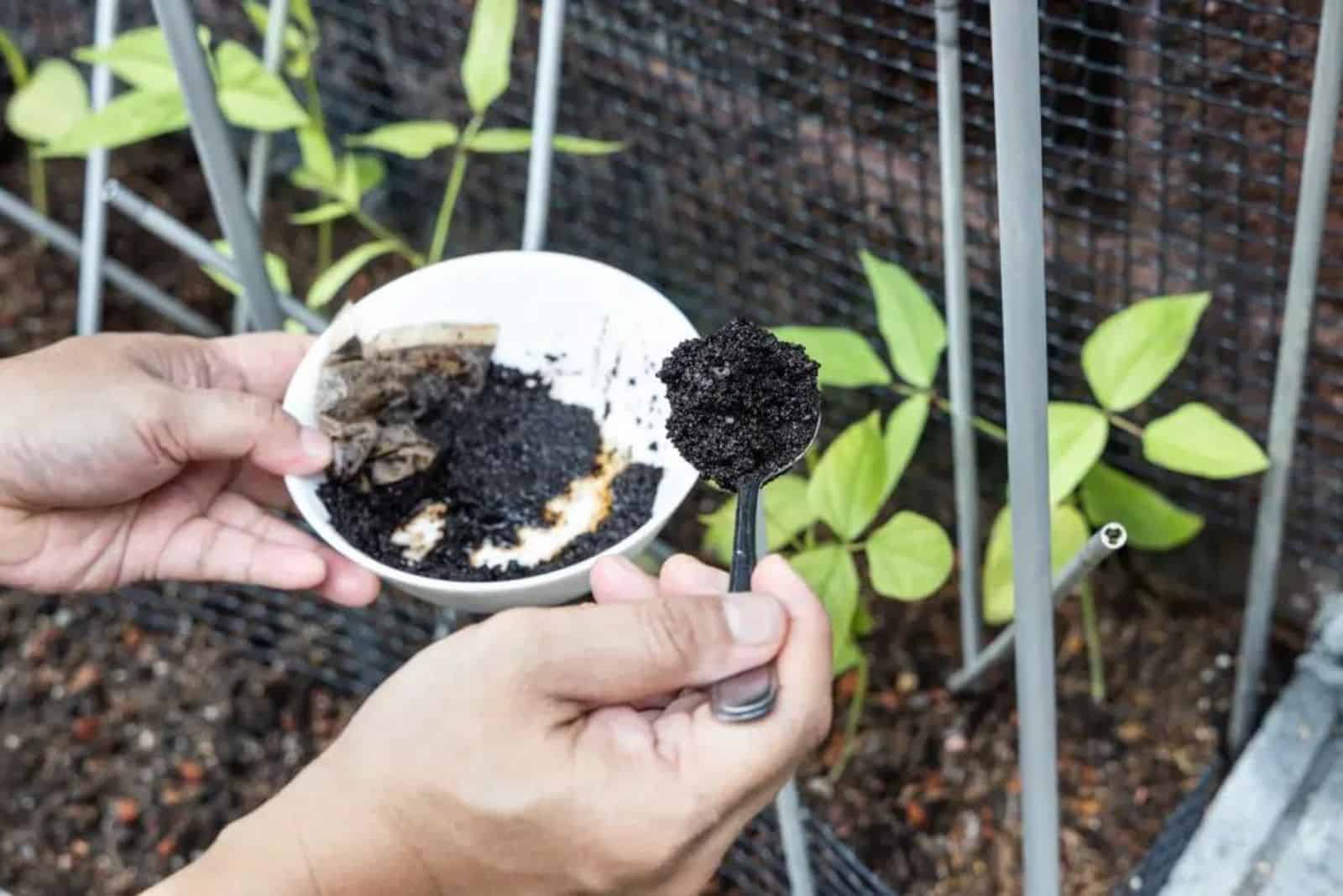
If you are a gardener who likes drinking coffee, you should save some coffee grounds for your blueberry bushes!
Coffee grounds improve soil acidity, enhance nutrient availability, and also increase organic matter – all of which can encourage blueberry bushes to grow and produce loads of delicious berries!
In this article, we are going to discuss why coffee grounds are beneficial for blueberry bushes and how you can effectively incorporate them into your gardening practices.
What Are The Benefits Of Coffee Grounds?
Surprisingly, there are many benefits that come with utilizing coffee grounds for your plants. First of all, they are great for moisture retention and improving soil structure.
The nitrogen content in coffee grounds is another factor that encourages gardeners to use them. Foliage plants need nitrogen in order to produce healthy and glossy leaves, which is why coffee grounds are perfect for them!
It also aids with photosynthesis, which ultimately encourages general plant growth.
Coffee grounds are a great food source for earthworms and other beneficial microorganisms in the soil. They also do an excellent job repelling pests such as aphids, mosquitoes, and ants.
Coffee grounds can also deter rabbits, lizards, slugs, and many critters that would otherwise destroy your blueberry bushes!
Since they are acidic in nature, coffee grounds are great for increasing acidity in the soil, which is great because blueberries thrive in acidic soil!
Another advantage of utilizing coffee grounds is that they can help reduce weed development. Mulch made of coffee grounds can prevent weeds from poking through the soil, while caffeine can prevent weed seeds from germinating.
And lastly, coffee grounds are affordable and eco-friendly. So, instead of spending a lot of money on fancy fertilizers, consider adding coffee grounds instead!
Amount Of Coffee Grounds To Add
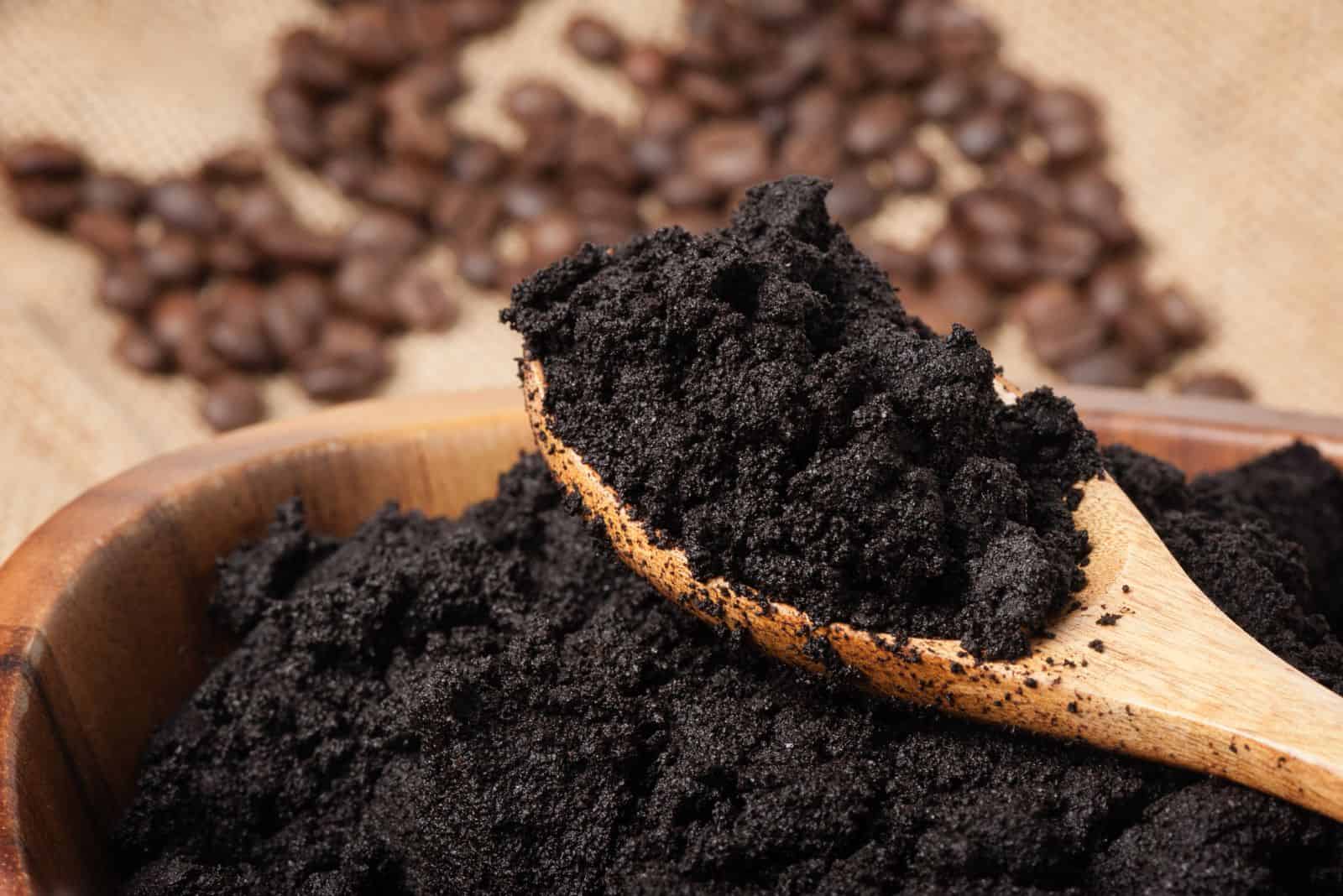
Knowing how much coffee grounds to add can be tricky, especially since you don’t have instructions displayed on the packaging as you normally would with most types of fertilizer.
Luckily, we are here to help you!
Proper blueberry fertilization is the key to juicy and delicious berries. It is important not to add too much coffee because it would lead to too much nitrogen, and this nutrient promotes foliage growth.
You would end up with a lush bush that only has a few blueberries this way.
If the soil is too acidic (pH levels below 4.0), the availability of nutrients like phosphorus, as well as iron uptake, would all be affected. This is because aluminum is more readily available in the soil at low soil pH levels, and plants have a harder time absorbing these vital nutrients.
So, in order to prevent this from happening, it is important to test your soil first. This way, you will know the pH levels of your soil and what type of nutrients are available.
If your soil is already acidic, or if there is plenty of nitrogen, then you shouldn’t add any coffee grounds to it.
This is why testing your soil is the number one blueberry growing tip. If the pH is low, then you shouldn’t add coffee grounds.
For one blueberry bush in your garden, one or two cups of leftover coffee grounds should be sufficient. You should sprinkle some evenly on the surface of the soil and then use a trowel or shovel to till them.
This will help the coffee grounds break down faster and you won’t end up with too much nitrogen in only one spot. Leave about 1 or 2 inches between the stem and spent grounds.
Coffee grounds should be applied to your blueberry bushes every two or three months.
Are Coffee Grounds Completely Safe?
We have focused only on the positives of coffee grounds… but there are some downsides.
Since coffee grounds contain caffeine, it might harm your plants if you don’t add them correctly.
There can be up to 8 milligrams of caffeine per gram of spent coffee grounds, according to the Journal of Agricultural and Food Chemistry. This might kill other vegetation around your blueberry shrubs.
In addition, caffeine is toxic to cats and dogs, so don’t let your pets run free if you use coffee grounds as a fertilizer. Critters like moles will build tunnels to find the grubs that usually consume coffee grounds because grubs absolutely adore them.
Adding coffee grounds to blueberries in an area where moles or grubs are present will attract these critters, and they could harm root systems and hinder blueberry development.
Consider Other Organic Fertilizers
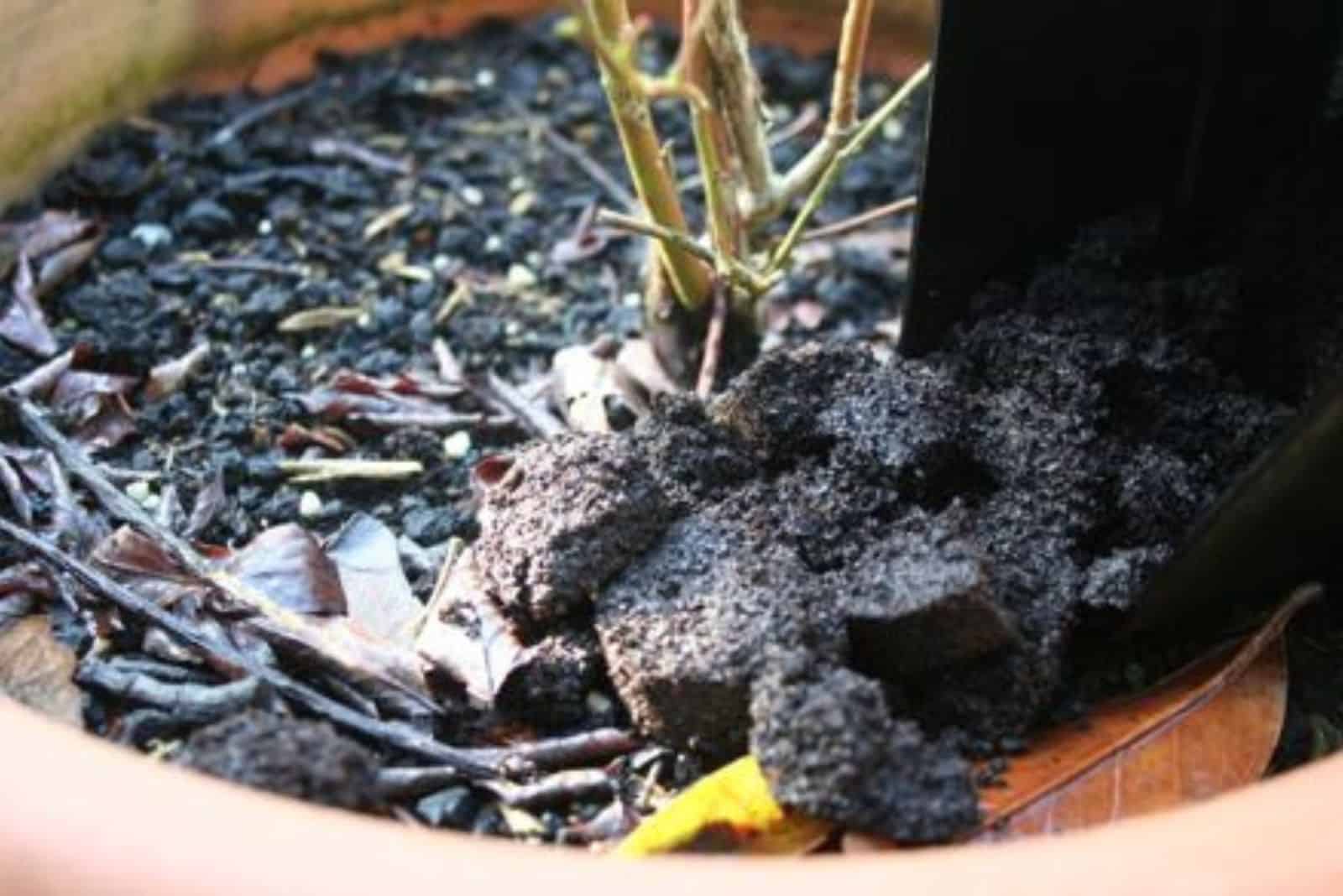
Besides coffee grounds, there are other organic materials that you can use to boost your blueberry bushes!
Materials like pine needles, sawdust, grass clippings, acid compost, and bark can protect your blueberries and help them grow and thrive!
While protecting and enriching the soil they come into contact with, these materials decompose over time and provide a nutritional boost without raising the soil’s alkalinity levels like manure or mushroom compost would.
Efficient organic fertilizers that can be used for blueberries include fish emulsion, compost, blood meal, worm castings, and bone meal. These can provide your blueberries with the nutrients they need.
For instance, fish emulsion is a rich source of nitrogen, phosphorus, and potassium, while worm castings contain a wide range of beneficial nutrients and microorganisms that improve soil fertility and plant health.
Always stick to the instructions and recommended application rates for each type of organic fertilizer. Additionally, it’s crucial to do a soil test so that you can know what fertilizer to use for your blueberry bushes.
By using organic fertilizers, you can nourish your blueberry plants while still maintaining an environmentally friendly approach to gardening.
I hope this article was helpful.
Until next time!

